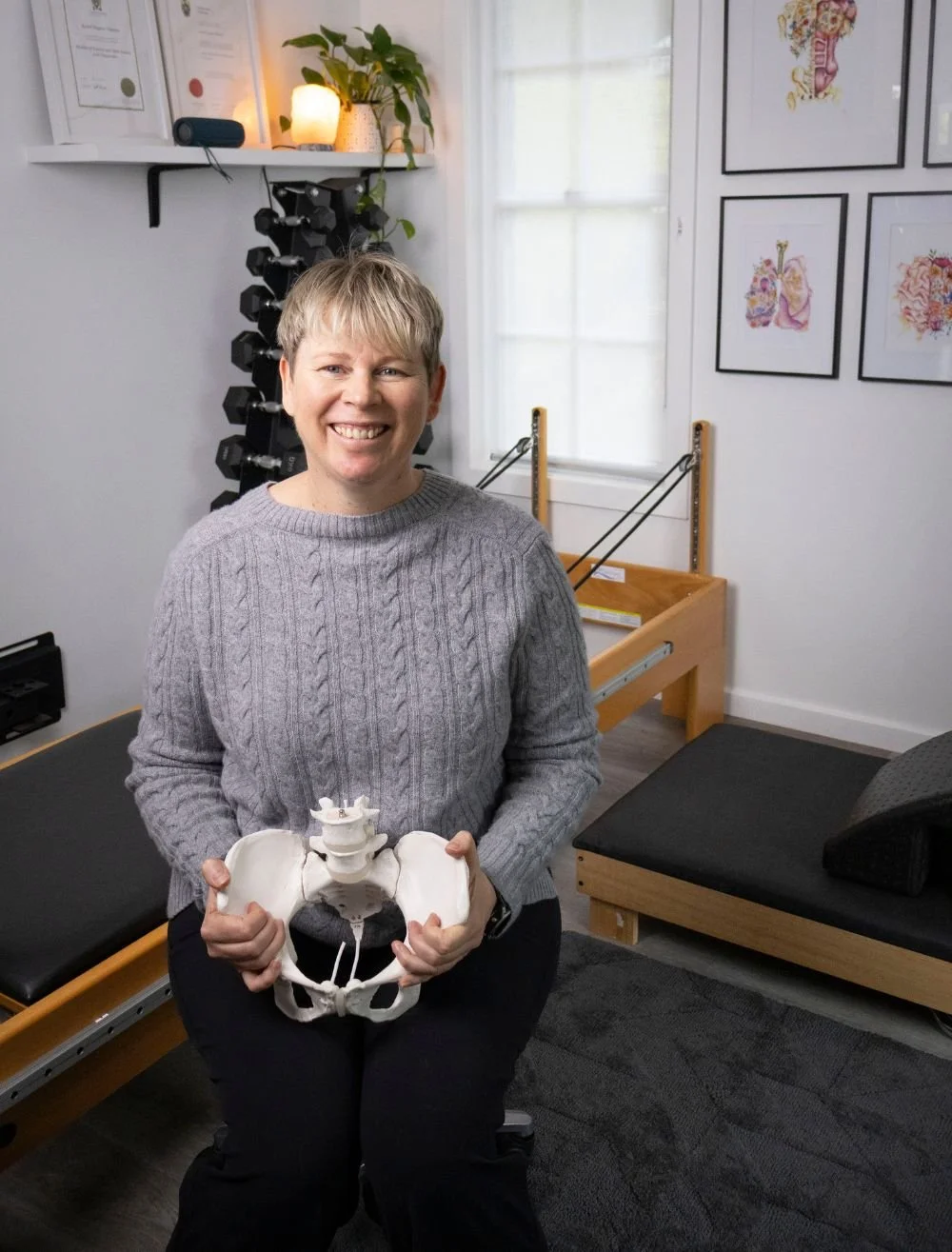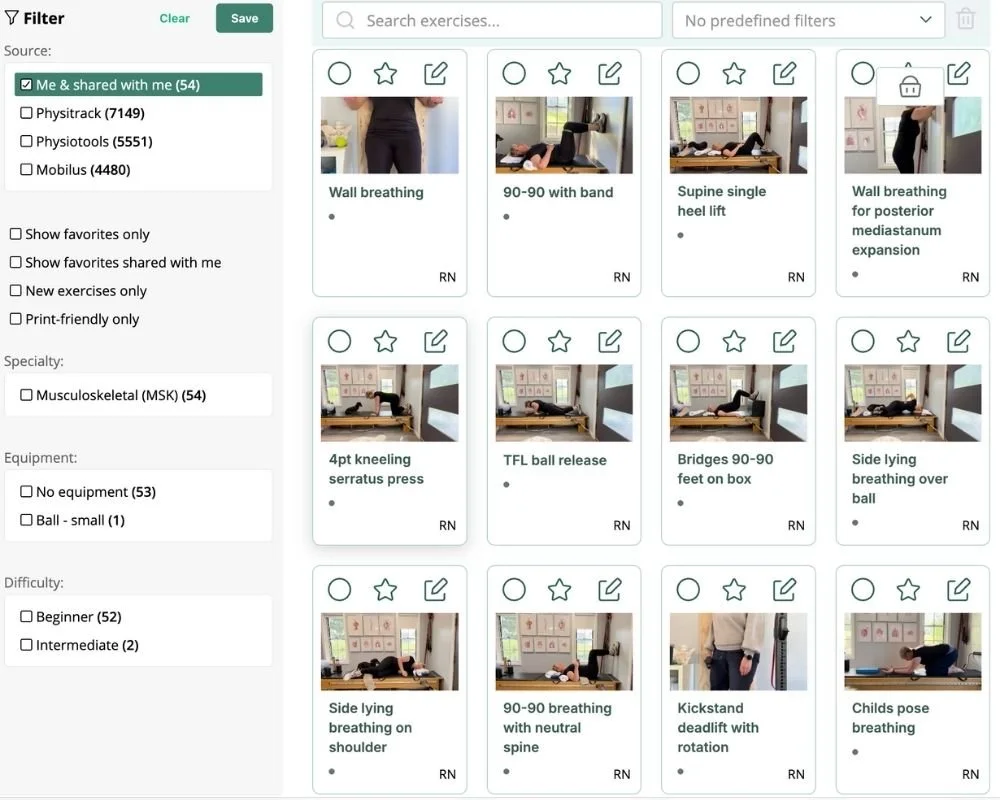Persistent Pain Exercise Physiology Toowoomba
Let’s get some pep in your step
Pain doesn’t have to be constant, or debilitating to be considered chronic or persistent.
You don’t have to put up with it. And it’s not “all in your head”
So let’s give your body a break from pain using movement that gives you confidence and gets you back doing the things you love.
Without having to suffer later.
“Rachel is thorough in her assessment and really makes the effort to understand the cause of symptoms ”
Are you ready for movement (and life) to feel like a hell yes?
Exercise physiology for your persistent pain could have you:
💚 Remembering what a good night’s sleep feels like
💚 Being active without exacerbating symptoms
💚 Trusting that your body is capable of healing
💚 Exercising without pain flares
💚 Performing daily activities without causing symptoms
💚 Feeling strong and full of pep
Pain can be complex but the solutions don’t have to be.
With persistent pain exercise physiology we’ll get your body moving in a way that doesn’t just feel good, it helps you manage your pain too.
Hey, I’m Rach, your exercise physiologist next door.
I’m obsessed with women’s health.
Specifically persistent pain and pelvic floor health in any life stage.
Why these two aspects of women’s health in particular?
Because when women have persistent pain, it’s likely the pelvic floor is affected as well.
And it could even be contributing.
While it might feel like it’s letting you down, the human body is incredible.
And we can leverage that when managing persistent pain.

Who it’s for.
For women who:
🩷 Who are constantly worried about causing a pain flare
🩷 Who want to be able to participate fully in sport and exercise again
🩷 Who want to sleep without waking up from pain
🩷 Who are relying on pain medication to get them through their day
🩷 Who are worried that their pain is permanent and will only get worse with age.
🩷 Are unable to enjoy intimacy with their partner
🩷 Are feeling weak, unfit and disheartened about starting over
🩷 Say no to doing things because or their pain
🩷 Are feeling a loss of positive self-identity as a fit and active woman.
Who it’s not for.
Men— women only sorry.
NDIS participants without prior conversation regarding suitability
Services I provide for persistent pain:
Exercise Physiology
Clinical Pilates
Home Exercise Programs
The process:
Book and attend your initial assessment in my home clinic
1
Attend in clinic exercise, complete your home program consistently, or both.
2
3
Get back to living your life.
Kind Words
Are you ready to take charge of your persistent pain?
The Blog
Frequently Asked Questions
-
My fees are set based on my expertise, qualifications, and experience.
I have completed extensive additional training in pelvic floor function and exercise therapy, on top of my post-grad exercise physiology qualifications.
To learn more about the session prices, duration and inclusions, please head to the Book Now page— or just click the appointment info button below.
-
The human body is incredible! The right movement can:
activate muscles that have checked out
calm down those that are overworking
provide stability to joints
Build strength to support all body functions reducing the load on weak links or injuries
Improve posture and joint alignment for optimal load distribution
Create length in tight muscles without stretching
Improve muscle activation patterns for optimal body system support
Improve endurance to get you through your exercise session or daily activities
I could go on and on and on…..
-
As an exercise physiologist, I focus on movement, exercise and education to treat or help you manage your persistent pain.
This includes a whole body focus, rather than just looking at a specific area or joint.
After all, everything is connected and persistent pain can be caused by compensations or weaknesses elsewhere in the body.
While it is outside my scope to diagnose or perform manual therapy, I still perform tests, assessments and use my hands to assess or guide you in your movements.
-
No, you do not.
But you may be able to access a referral from your GP under a management plan if your pelvic floor dysfunction is chronic or you have another chronic condition such as low back pain.
This would qualify you for up to 5 sessions per calendar year, where you can claim a medicare rebate.











